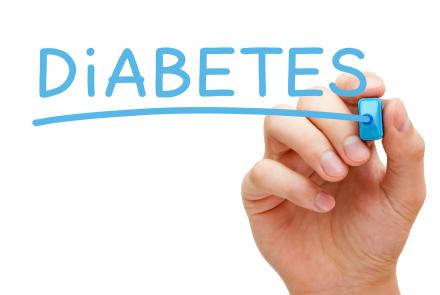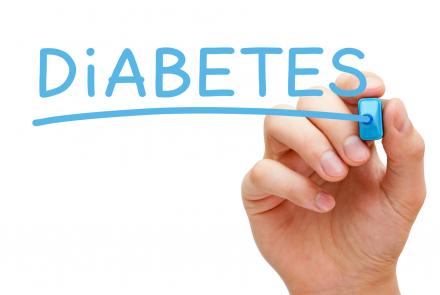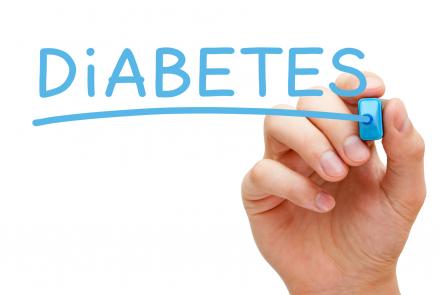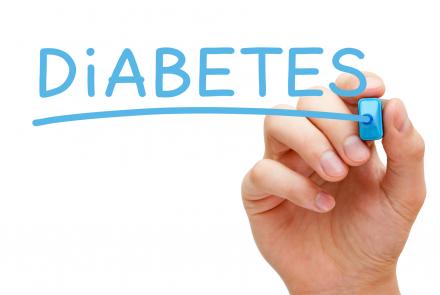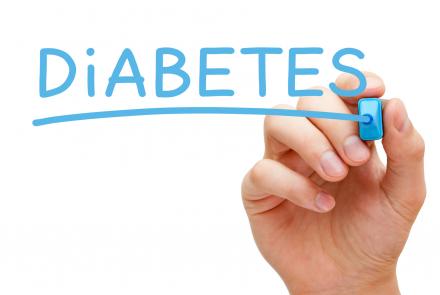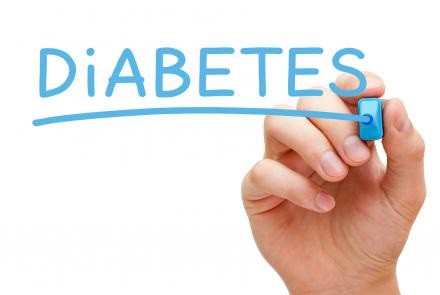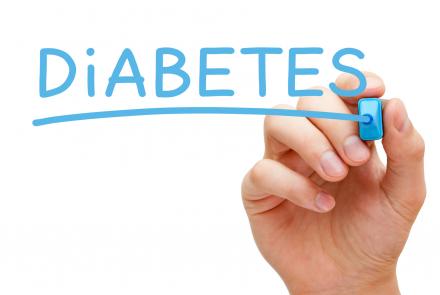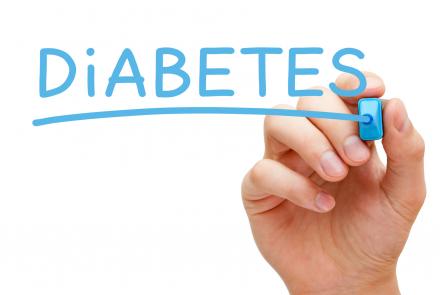
The U.S. Food and Drug Administration today approved Contrave (naltrexone hydrochloride and bupropion hydrochloride extended-release tablets) as treatment option for chronic weight management in addition to a reduced-calorie diet and physical activity.
The drug is approved for use in adults with a body mass index (BMI) of 30 or greater (obesity) or adults with a BMI of 27 or greater (overweight) who have at least one weight-related condition such as high blood pressure (hypertension), type 2 diabetes, or high cholesterol (dyslipidemia).
BMI, which measures body fat based on an individual’s weight and height, is used to define the obesity and overweight categories. According to the Centers for Disease Control and Prevention, more than one-third of adults in the United States are obese.
“Obesity continues to be a major public health concern,” said Jean-Marc Guettier, M.D., director of the Division of Metabolism and Endocrinology Products in FDA’s Center for Drug Evaluation and Research. “When used as directed in combination with a healthy lifestyle that includes a reduced-calorie diet and exercise, Contrave provides another treatment option for chronic weight management for people who are obese or are overweight and have at least one weight-related health condition.”
Contrave is a combination of two FDA-approved drugs, naltrexone and bupropion, in an extended-release formulation. Naltrexone is approved to treat alcohol and opioid dependence. Bupropion is approved to treat depression and seasonal affective disorder and as an aid to smoking cessation treatment.
The effectiveness of Contrave was evaluated in multiple clinical trials that included approximately 4,500 obese and overweight patients with and without significant weight-related conditions treated for one year. All patients received lifestyle modification that consisted of a reduced- calorie diet and regular physical activity.
Results from a clinical trial that enrolled patients without diabetes showed that patients had an average weight loss of 4.1 percent over treatment with placebo (inactive pill) at one year. In this trial, 42 percent of patients treated with Contrave lost at least 5 percent of their body weight compared with 17 percent of patients treated with placebo. Results from another clinical trial that enrolled patients with type 2 diabetes showed that patients had an average weight loss of 2 percent over treatment with placebo at one year. In this trial, 36 percent of patients treated with Contrave lost at least 5 percent of their body weight compared with 18 percent of patients treated with placebo.
Patients using Contrave at the maintenance dose should be evaluated after 12 weeks to determine if the treatment is working. If a patient has not lost at least 5 percent of baseline body weight, Contrave should be discontinued, as it is unlikely that the patient will achieve and sustain clinically meaningful weight loss with continued treatment.
Because it contains bupropion, Contrave has a boxed warning to alert health care professionals and patients to the increased risk of suicidal thoughts and behaviors associated with antidepressant drugs. The warning also notes that serious neuropsychiatric events have been reported in patients taking bupropion for smoking cessation.
Contrave can cause seizures and must not be used in patients who have seizure disorders. The risk of seizure is dose-related. Contrave should be discontinued and not restarted in patients who experience a seizure while being treated with Contrave.
Contrave can also raise blood pressure and heart rate and must not be used in patients with uncontrolled high blood pressure. The clinical significance of the increases in blood pressure and heart rate observed with Contrave treatment is unclear, especially for patients with heart-related and cerebrovascular (blood vessel dysfunction impacting the brain) disease, since patients with a history of heart attack or stroke in the previous six months, life-threatening arrhythmias, or congestive heart failure were excluded from the clinical trials. Blood pressure and pulse should be measured prior to starting the drug and should be monitored at regular intervals, particularly among patients with controlled high blood pressure prior to treatment.
Other products containing bupropion should not be taken along with Contrave. The drug should not be used in patients who have eating disorders (bulimia or anorexia nervosa). Contrave should also not be taken by patients who are using opioids or treatments for opioid dependence, or who are experiencing acute opiate withdrawal. Patients undergoing an abrupt discontinuation of alcohol, benzodiazepines, barbiturates and antiepileptic drugs should not take Contrave. Women who are pregnant or trying to become pregnant should not take Contrave.
The most common adverse reactions reported with Contrave include nausea, constipation, headache, vomiting, dizziness, insomnia, dry mouth, and diarrhea.
The FDA is requiring the following post-marketing requirements:
a cardiovascular outcomes trial to assess the cardiovascular risk associated with Contrave use;
two efficacy, safety, and clinical pharmacology studies in pediatric patients (one in patients 12 to 17 years of age, and one in patients 7 to 11 years of age);
a nonclinical (animal) juvenile toxicity study with a particular focus on growth and development as well as behavior, learning, and memory;
a study to evaluate the effect of Contrave on cardiac conduction;
clinical trials to evaluate dosing in patients with hepatic or renal impairment;
a clinical trial to evaluate the potential for interactions between Contrave and other drugs.
Contrave is distributed by Takeda Pharmaceuticals America Inc. of Deerfield, Illinois for Orexigen Therapeutics, Inc. of La Jolla, California.
The FDA, an agency within the U.S. Department of Health and Human Services, protects the public health by assuring the safety, effectiveness, and security of human and veterinary drugs, vaccines and other biological products for human use, and medical devices. The agency also is responsible for the safety and security of our nation’s food supply, cosmetics, dietary supplements, products that give off electronic radiation, and for regulating tobacco products.
http://www.fda.gov/NewsEvents/Newsroom/PressAnnouncements/ucm413896.htm



